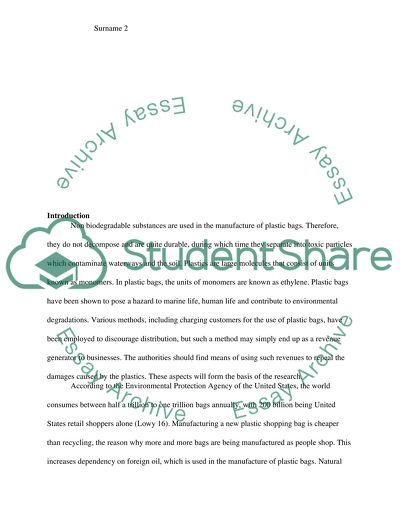Cite this document
(“My city should enact an ordinance prohibiting businesses from Essay”, n.d.)
Retrieved from https://studentshare.org/english/1471473-my-city-should-enact-an-ordinance-prohibiting
Retrieved from https://studentshare.org/english/1471473-my-city-should-enact-an-ordinance-prohibiting
(My City Should Enact an Ordinance Prohibiting Businesses from Essay)
https://studentshare.org/english/1471473-my-city-should-enact-an-ordinance-prohibiting.
https://studentshare.org/english/1471473-my-city-should-enact-an-ordinance-prohibiting.
“My City Should Enact an Ordinance Prohibiting Businesses from Essay”, n.d. https://studentshare.org/english/1471473-my-city-should-enact-an-ordinance-prohibiting.


